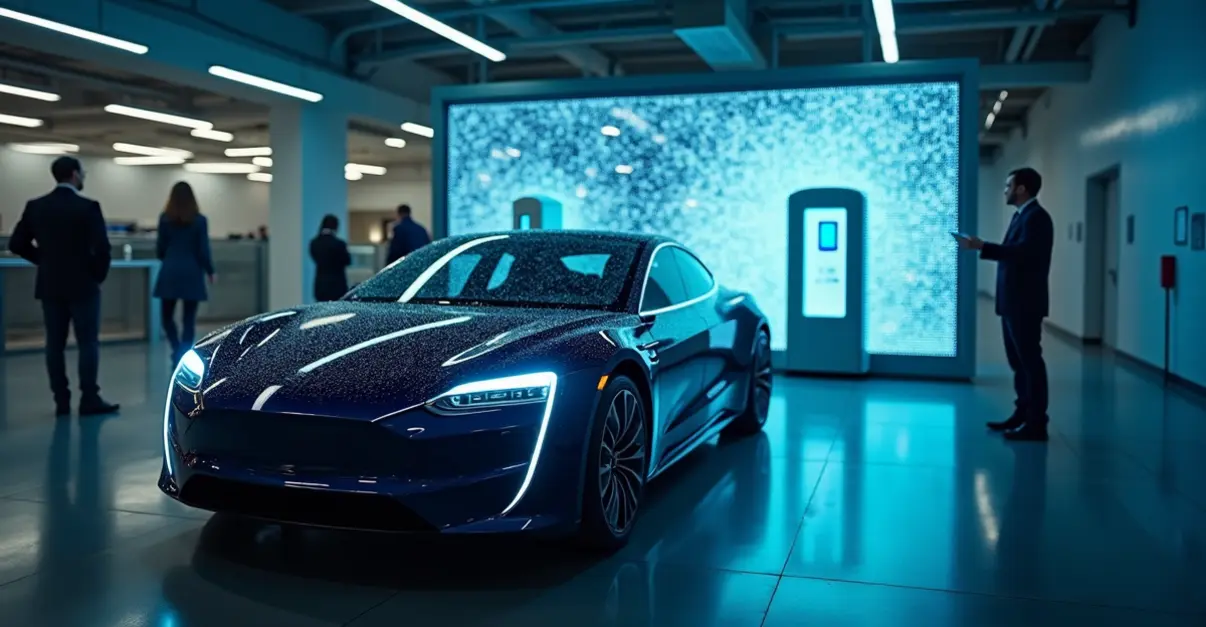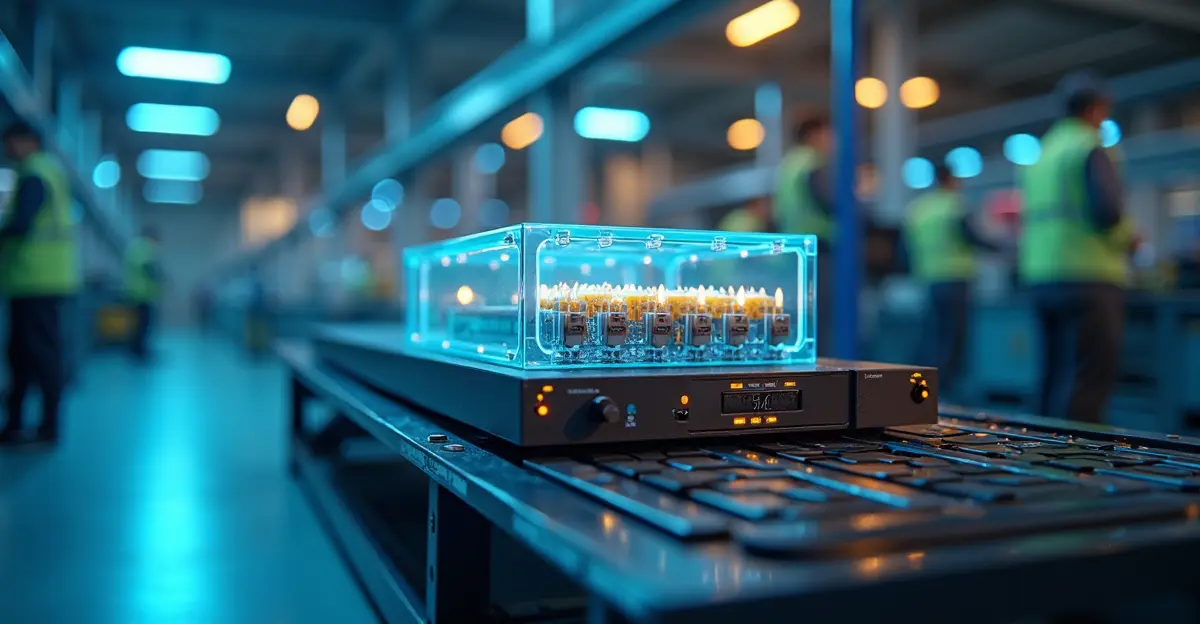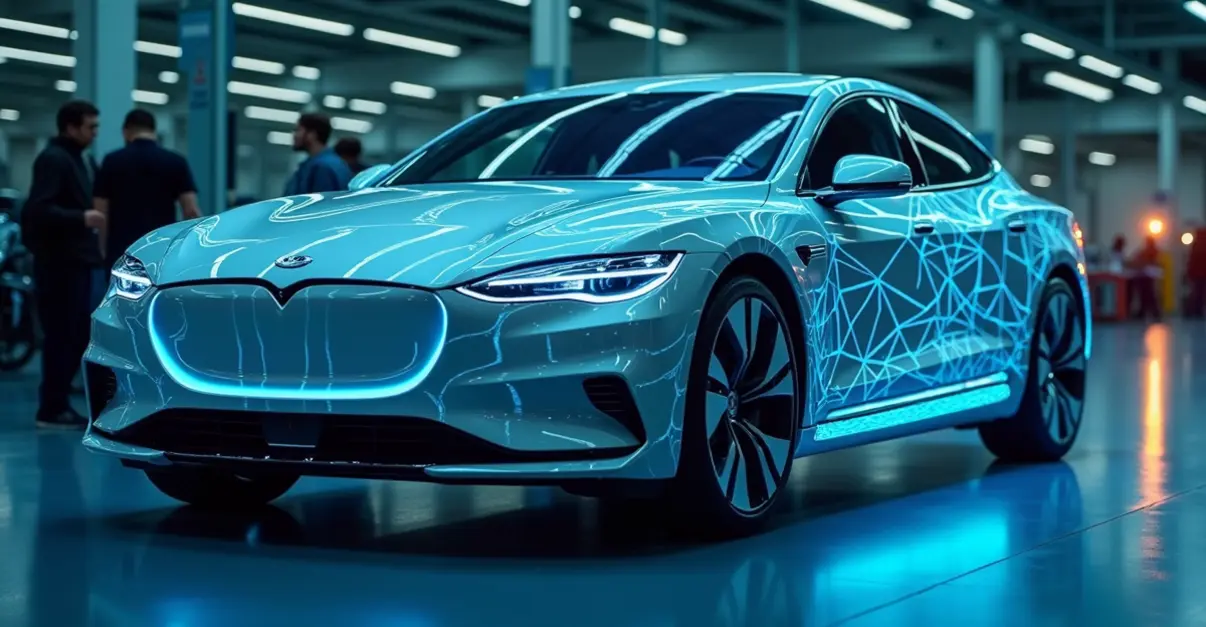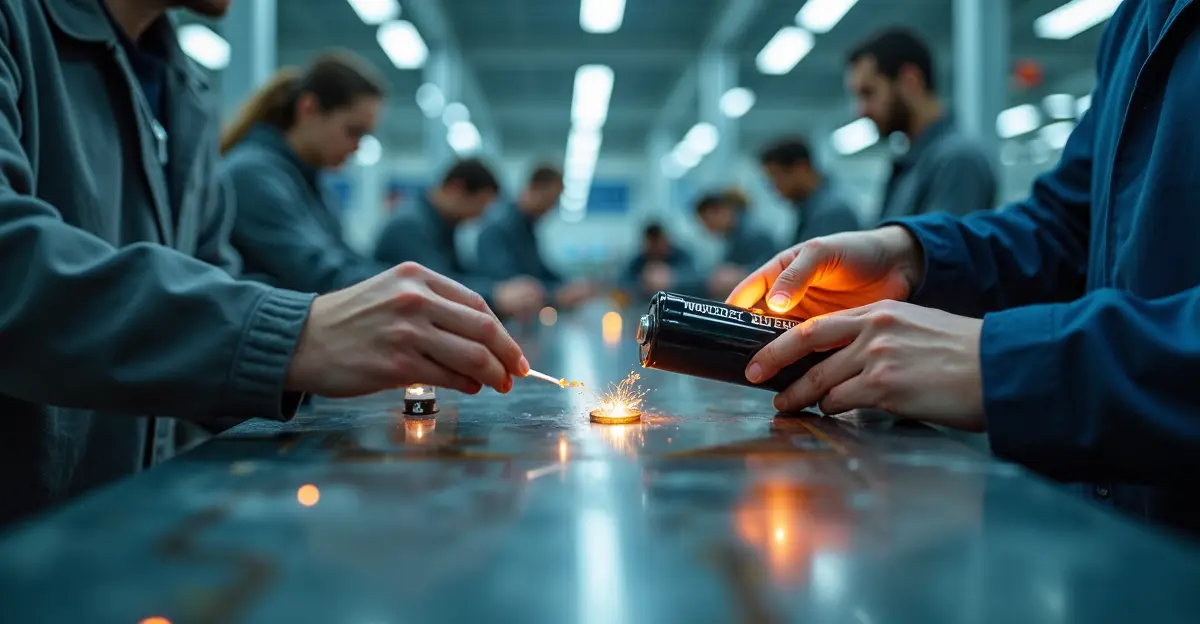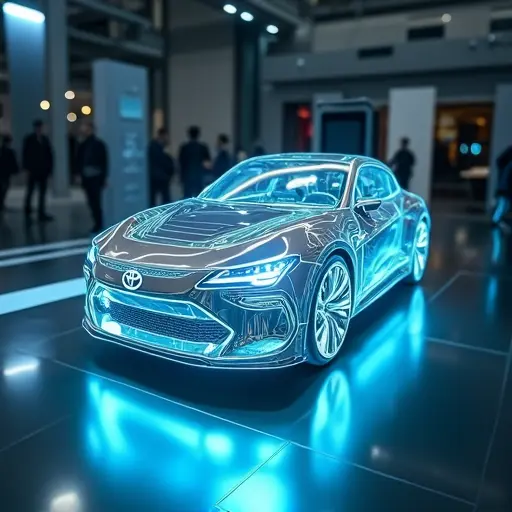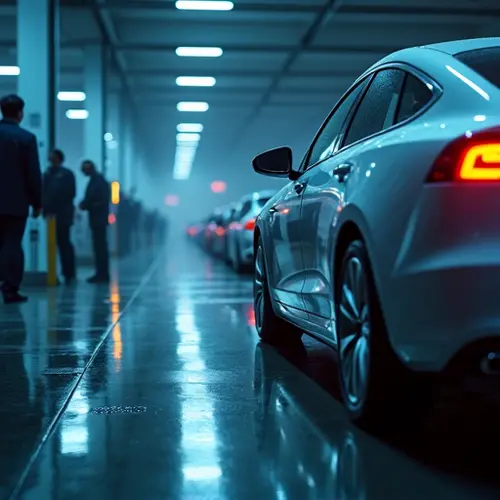The Next Generation of Electric Vehicle Power
Solid-state battery technology is poised to revolutionize the electric vehicle industry, with recent breakthroughs promising to deliver what many have called the 'holy grail' of EV power. These advanced batteries could enable electric vehicles to travel over 600 miles on a single charge while offering dramatically faster charging times and improved safety compared to current lithium-ion technology.
Prototype Performance Exceeds Expectations
Recent prototype demonstrations have shown remarkable performance characteristics that could transform consumer adoption of electric vehicles. 'We're seeing energy densities that could enable 400-600 mile ranges in production vehicles, which would effectively eliminate range anxiety for most drivers,' says Dr. Sarah Chen, battery researcher at Stanford University. Current lithium-ion batteries typically provide 250-350 miles of range, making the potential doubling of range a game-changing development.
Chinese automakers are already leading the charge with semi-solid-state implementations. Nio's ET7 and ET5 models offer a 150 kWh battery providing 652 miles of range, while IM Motors' L6 features a 133 kWh pack with 620+ mile capability. 'The performance improvements we're seeing in testing are substantial - not just in range but in charging speed and longevity,' notes automotive analyst Michael Rodriguez.
Commercialization Timeline Accelerates
The race to commercialize solid-state batteries is intensifying, with major automakers targeting 2027-2030 for mass production. Toyota, which holds the most solid-state battery patents, aims for commercial production by 2027-2028. 'Our timeline is aggressive but achievable, and we believe solid-state technology will be the key differentiator in the next generation of EVs,' states Toyota's Chief Technology Officer.
Volkswagen, through its investment in QuantumScape, targets premium model implementation by 2026, while BMW and Ford are collaborating with Solid Power on integration into future models. Mercedes-Benz is working with Factorial Energy on a pilot production line expected by the end of 2025.
Supplier Interest and Investment Surges
The automotive industry is pouring billions into solid-state battery development, recognizing the technology's potential to make EVs truly competitive with internal combustion vehicles. 'The elimination of federal EV tax credits has created urgency for automakers to develop technology that can compete without government subsidies,' explains industry consultant James Wilson.
Major investments include BMW and Ford leading a $130 million funding round in Solid Power, while Volkswagen has invested over $300 million in QuantumScape. The solid-state battery market is projected to reach $122.2 billion by 2037, with North America expected to account for 34% of global revenue according to industry analysis.
Technical Breakthroughs Driving Progress
The key advancement enabling solid-state battery development has been the discovery of 'superionic' materials that allow lithium ions to flow through solid electrolytes as efficiently as through liquid ones. 'The materials science breakthroughs we've seen in the last two years have been remarkable, particularly in solving the conductivity challenges that previously limited solid-state development,' says materials scientist Dr. Elena Petrova.
These batteries offer multiple advantages: they're lighter and more compact than current lithium-ion batteries, contain no flammable components making them much safer, and can recharge in minutes rather than hours. However, manufacturing challenges remain significant, with some materials being brittle or requiring special handling in low-humidity environments.
The Road Ahead
While the technology shows immense promise, industry experts caution that solid-state batteries must still compete with the well-established lithium-ion battery industry that has 30 years of optimization behind it. 'The scaling challenges are real, and we need to see how these technologies perform in real-world conditions over thousands of charge cycles,' notes battery testing expert Dr. Robert Kim.
BloombergNEF projects solid-state batteries will account for only 10% of global EV demand by 2035, with initial rollout focused on premium vehicles. However, the potential for this technology to transform electric vehicle adoption remains substantial, particularly as automakers address the key consumer concerns of range anxiety and charging convenience.

 Nederlands
Nederlands
 English
English
 Deutsch
Deutsch
 Français
Français
 Español
Español
 Português
Português
